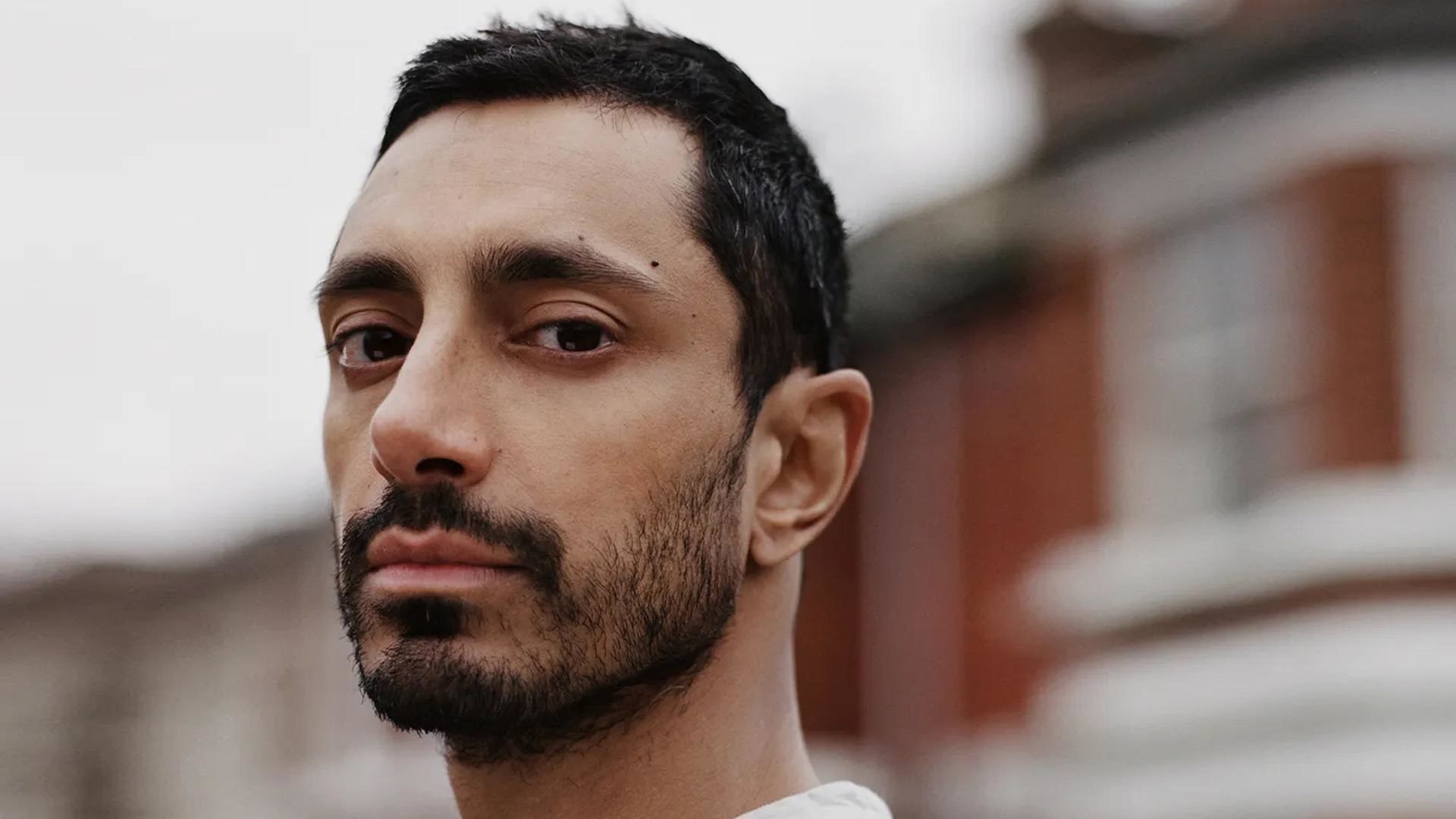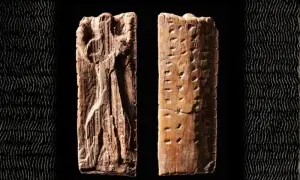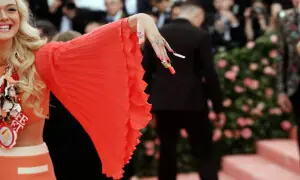Riz Ahmed backed study shows Muslims 'Missing' in film
4 min readResults from a USC study backed by award winning British actor and rapper Riz Ahmed, examined how frequently we see Muslim characters in popular films from the US, the UK, Australia, and New Zealand from 2017-2019.
Ahmed collaborated with Pillars Fund and Ford Foundation to support Missing and Maligned that focused on Muslim representation in the film industry.
The results of the study present a discouraging and concerning picture. They point out that despite the prevalence of Muslims across the world, their presence on-screen in popular films is rare. The study shows that across 200 films with 8,965 characters, 90.5% of them did not feature even a single Muslim character that spoke. In a video uploaded to his YouTube channel, Ahmed stated that 62% of Americans don’t know a Muslim in real life, making representation in the media vital. The study calls the lack of Muslim representation an “epidemic of invisibility”. This is evident from the lack of representation as well as the fact that despite being so racially diverse, 66.7% of the Muslim characters in the films sampled were Middle Eastern or North African. When Muslims do show up in films, they are presented within their existing stereotypes, furthering the racial profiling that already exists in the world.
The study also highlighted the lack of intersectionality in Muslim representation. It stated that only 23.6% of all the Muslim characters were women, only one character was LGBTQ+ and one man was shown to have a disability. When Muslims have the chance to be represented, they are presented as submissive and passive beings. When they are given agency however, it is usually with violent connotations. The study discovered that 39% of the Muslim characters in these films were perpetrators of violence while 53.7% were victims or targets of violence. The actor said that the cost of this issue is “measured in lost potential and lost lives.” This speaks to rising Islamophobia across the world, even as recently as this week when 5 members of a Muslim family were killed in an attack fuelled by Islamophobia.
Ahmed himself is the first Muslim actor to ever be nominated for Best Actor at the Oscars for his role in Sound of Metal (2019). He has also played Carlton Drake in Venom, Rick in Nightcrawler, Bodhi Rook in Rogue One, Changez Khan in The Reluctant Fundamentalist, Shafiq Rasul in The Road to Guantanamo, Nasir “Naz” Khan in The Night Of for which he became the first Muslim to ever win an Emmy for a lead role. While Ahmed has played Muslim characters in the past, the focus has rarely been on the religious affiliation of the character. Apart from in The Road to Guantanamo and The Reluctant Fundamentalist, most of Ahmed’s roles do not bring up his religious identity.
In fact, inspired by Riz Ahmed, a “Riz Test” was established by two film buffs, Shaf Choudry and Sadia Habib in 2019, in which characters that appear to be Muslim are measured by certain criteria. Is the character a victim/perpetrator of or talking about terrorism? Is the character presented as irrationally angry, superstitious, culturally “backwards”/anti-modern, or a threat to Western way of life? Are male and female characters presented as misogynistic and submissive/oppressed respectively? If any of these questions are answered with a “yes”, the character fails at representing Muslims. Hollywood has a long history of presenting Muslims within their tropes. In 2018, Jed Mercurio’s Bodyguard was lauded for finally erasing the idea of submissive Muslim women by having his character Nadia play a terrorist leader. Even when stereotypes are altered, they perpetrate the same violent connotations.
The study offers multiple solutions and game plan to improve the situation in the media. Apart from this, the Pillars Artists Fellowship will offer $25,000 fellowships for Muslim artists in the UK and US.
The news was met with excitement online, with many praising Ahmed for his continuous efforts at bettering Muslim representation in the film industry. Twitter users had a few reflective things to say:
“When put so simply and effectively we're urged to to question why exclusion of all marginalized communities still exists in the arts. Many gatekeepers are incapable of doing their jobs as they are unable to embrace talent from the whole of society. Are you ready for change?”
When put so simply and effectively we're urged to to question why exclusion of all marginalised communities still exists in the arts. Many gatekeepers are incapable of doing their jobs as they are unable to embrace talent from the whole of society. Are you ready for change? https://t.co/YjqGGd9Etu
— Sharmaine Lovegrove is away (@SharLovegrove) June 11, 2021
“And this is how you use your voice and influence responsibly, for change...”
And this is how you use your voice and influence responsibly, for change... https://t.co/Sd7rT9CPUE
— AHI (@aamnaisani) June 11, 2021
Another user reflected on their own experience with media representation, writing:
I know what your saying Riz. TURKS are always drug dealers or cafe owners with a gambling problem in films. Look at what Midnight Express did & Eastenders https://t.co/bdh9SkzMMM
— The Cockney Turk (@TheCockneyTurk) June 10, 2021
“I know what your (sic) saying Riz. TURKS are always drug dealers or cafe owners with a gambling problem in films. Look at what Midnight Express did & Eastenders”
—Leena Sohaib Zaidi
For the latest news, follow us on Twitter @Aaj_Urdu. We are also on Facebook, Instagram and YouTube.

























Comments are closed on this story.